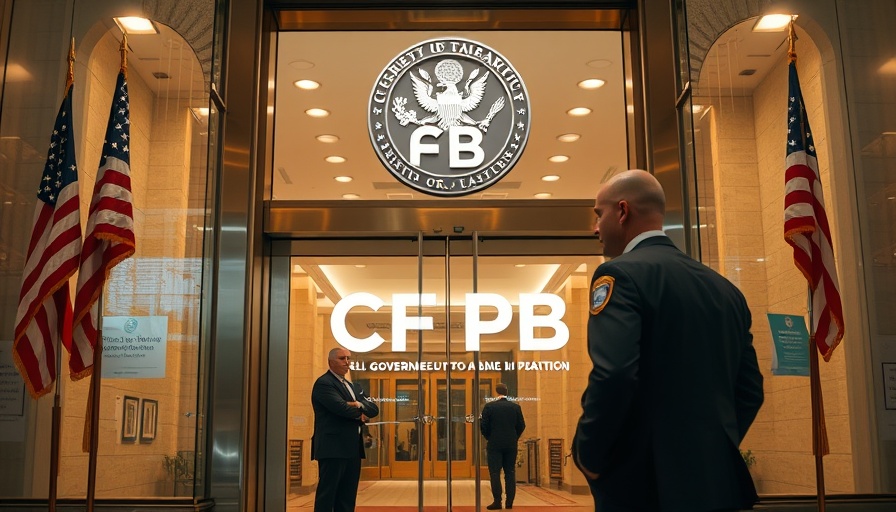
The Controversy Surrounding Online Platforms
In today’s digital age, the accessibility and convenience of social media and various online platforms often lead to profound debates about privacy and the rights of individuals. The emergence of a dating app designed for women to share experiences about men has sparked considerable controversy regarding the legality of posting personal information and images online. While the app aimed to serve as a platform for shared experiences, it raises critical questions about consent, defamation, and the legal grey areas surrounding such actions.
In 'Legal Advice: what you can and cannot post about people online,' the discussion dives into the complexities of online sharing and the implications of defamation laws, prompting us to explore these issues further.
Understanding Defamation: Slander and Libel Explained
Defamation is the legal term that encompasses slander and libel, two methods through which someone's character can be unjustly attacked through false statements. Slander refers to oral defamatory statements, while libel pertains to written ones. In the context of the app, if a user shares a story or opinion about a man that is indeed true, that person typically has no recourse against the claims made. However, the legal landscape shifts dramatically when individuals prevalent social narratives may lead to potential slanderous or libelous content.
The Role of Consent in Sharing Personal Content
The crux of the issue lies in whether individuals can share images and experiences regarding someone else without their consent. Generally, posting true statements about someone does not constitute defamation. Still, misinformation can lead to severe legal consequences. Users of the app must tread cautiously, knowing that while sharing their experiences can be empowering, fabricating stories or misrepresenting facts could lead to slander or libel claims.
Men's Rights and Legal Recourses Against the App
Another important question raised in the discussion of the app is whether the men discussed have any legal standing to challenge its operations. Since the app restricts access to women only, potential issues of discrimination arise. Could a man argue against this restriction? While legislative frameworks around discrimination and digital platforms are evolving, it remains unclear how courts would address this nuanced situation.
Public Sentiment Towards Online Platforms
The rise of such apps has led to a polarized public response. Some appreciate the initiative as a way to empower women by sharing crucial experiences about dating and potential partners. Conversely, others argue that the app might encourage public shaming and a culture of harassment, turning it into a facade for vindictive actions against ex-partners. Balancing free speech with the protection of personal rights remains a massive challenge for legislators and users alike.
Ethical Considerations for User Engagement
As individuals endeavor to navigate these complex waters, ethical considerations also come to the forefront. Users need to assess what is equitable when sharing their narratives and what repercussions their words might hold for others. Encouraging a culture of accountability paired with healthy discourse can steer online interactions in a more positive direction, moving away from the potential for defamation.
Future Impact of Similar Apps on Society
As an increasing number of apps enter the market that allows public sharing of personal experiences, discussions about the implications of this trend will continue. With each new platform, there will be a balancing act between empowerment and possible harm. Understanding the legal recourse for those affected by such avenues will be vital as society becomes more intertwined with digital communication.
As we continue to witness technological advancements, it is prudent to advocate for mental and emotional safety along with legal rights within digital landscapes. Understanding the implications of these developments will better prepare individuals to use such platforms responsibly.
If you're engaged in social media or online platforms, it’s crucial to understand your rights and the potential implications of the information you share. Consider reaching out to professionals in legal fields for insights into how you can protect your own reputation while engaging responsibly online.
 Add Row
Add Row  Add
Add 



 Add Row
Add Row  Add
Add 
Write A Comment